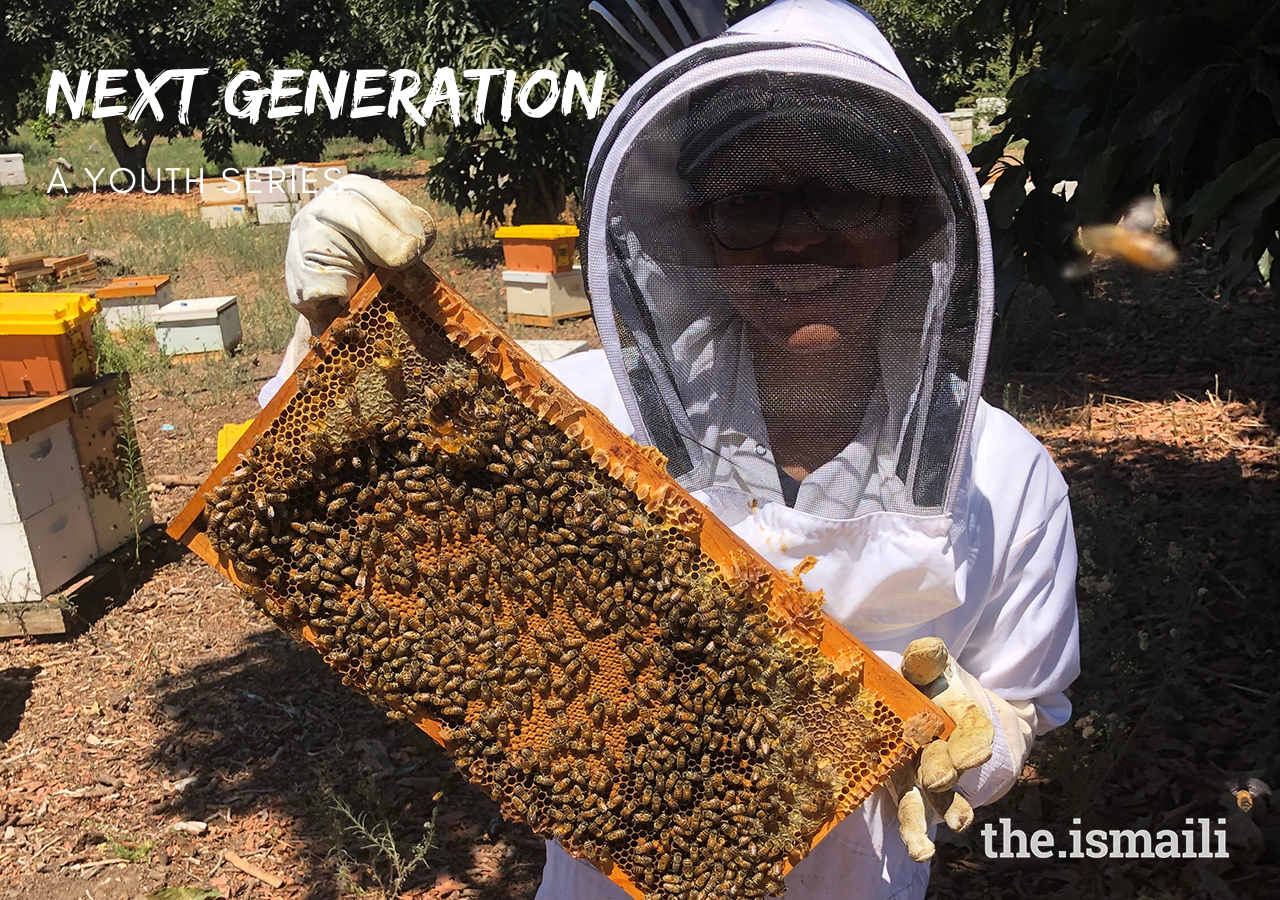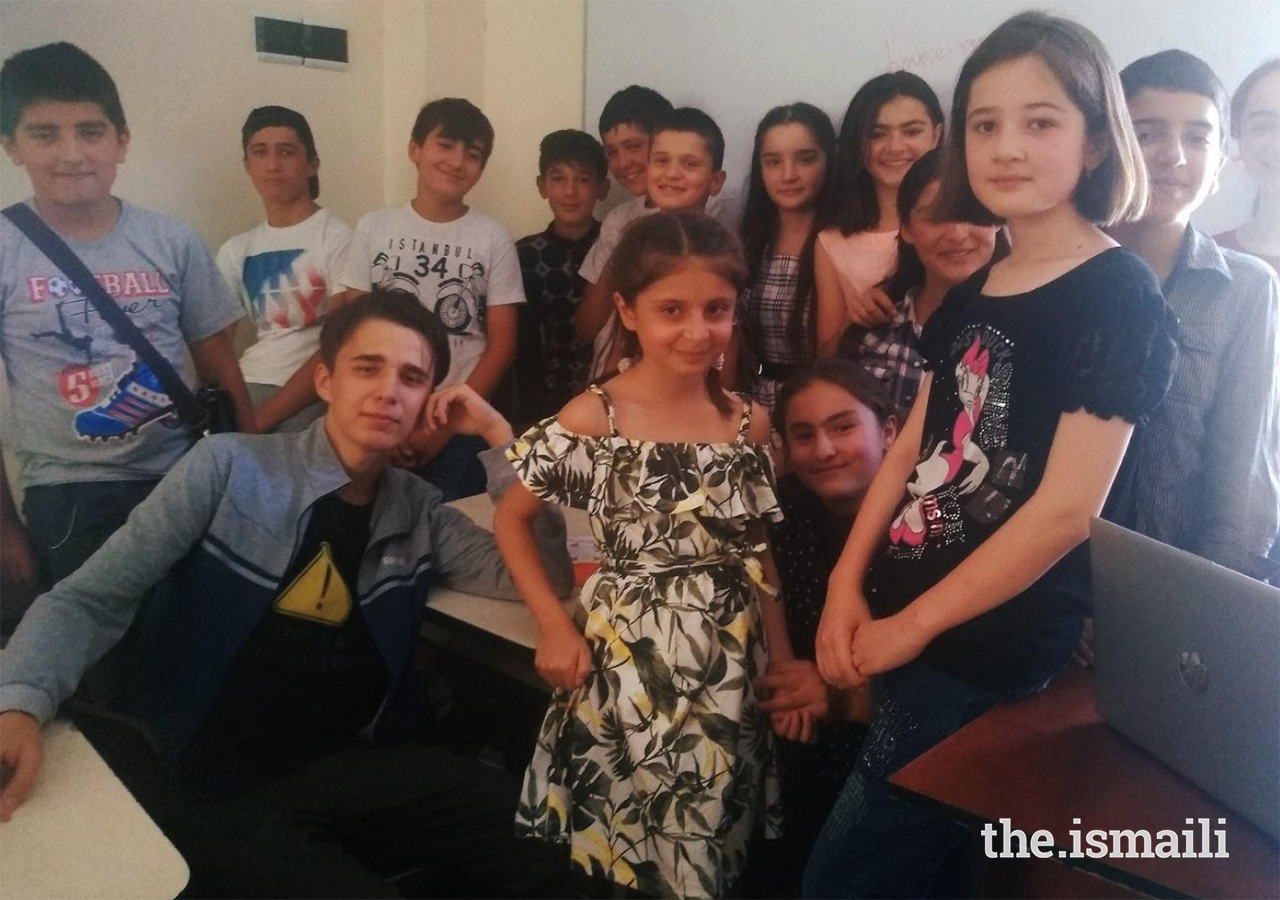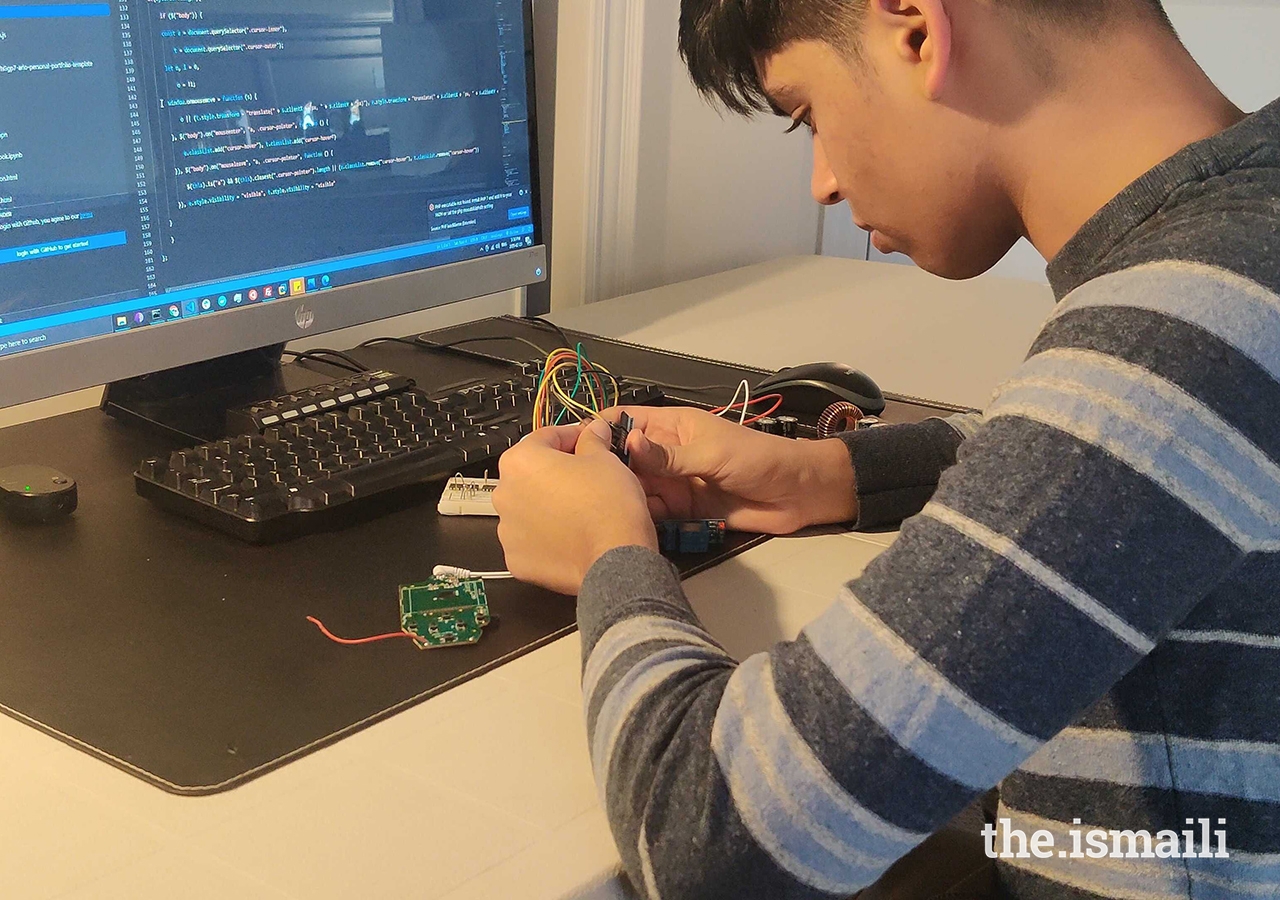Cultivating sustainability
rufayda2.jpeg
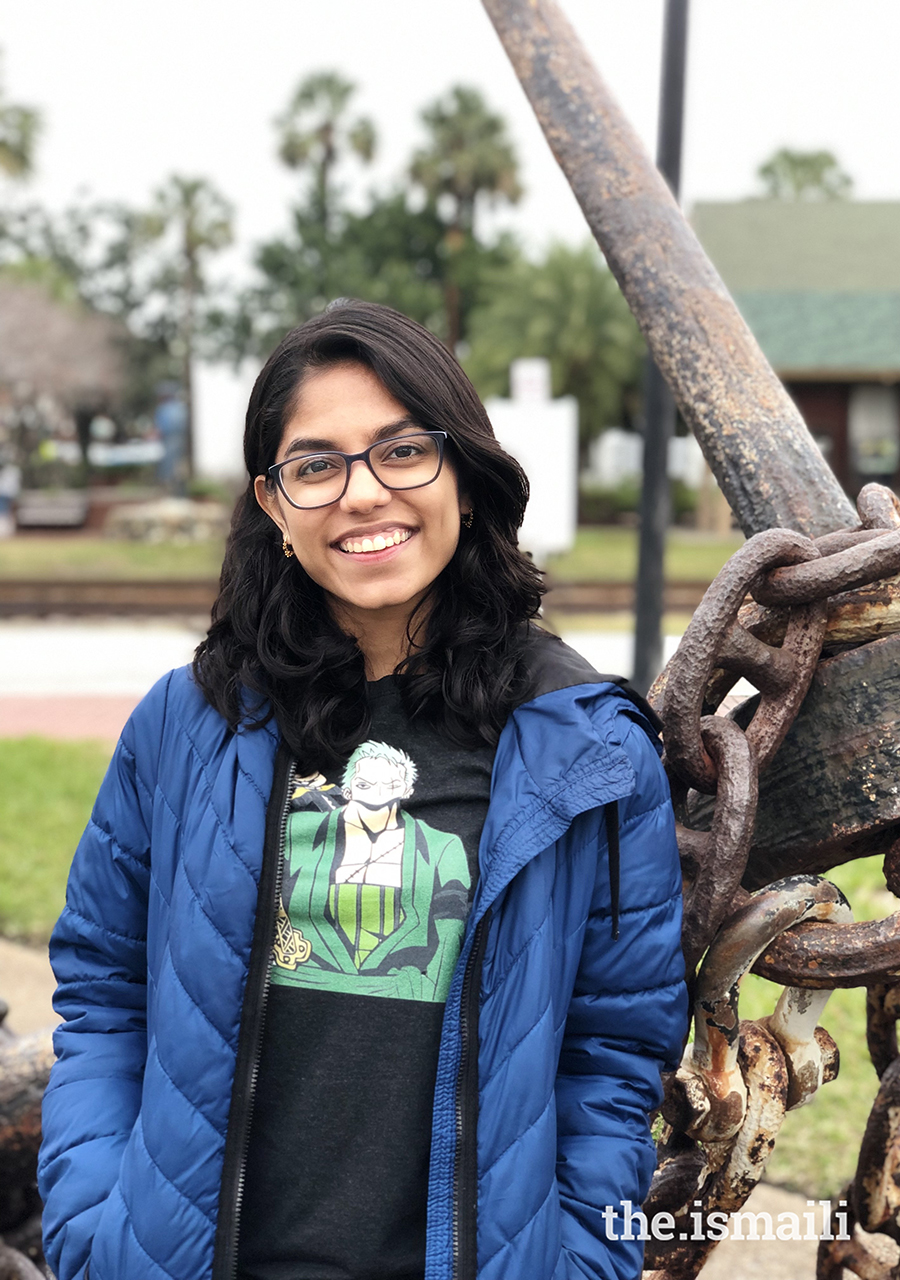
A Tanzanian writing competition and a high school geography class came together to inspire Rufayda Dhamani’s interest in sustainable agriculture. The competition asked students to respond to the prompt: “What do you want to be in the future?”
Rufayda, 24, who had been learning about the relationship between East African droughts and the region’s lack of irrigation systems in her Aga Khan Academy geography class, decided to write about becoming an agriculturalist.
“It just seemed ideal because it was something unique and was what I was actually learning about in school,” she said.
Along with winning the competition, the experience sparked Rufayda’s interest in learning about the challenges faced by small-scale, subsistence farmers across East Africa. In particular, she was concerned about how common farming practices were creating long-term damage to the soil, ultimately reducing the quality of farmers’ land. This interest led Rufayda to study Sustainable Agriculture and Food Systems at the University of California Davis after graduating from high school, where she took classes on topics ranging from soil science to food preservation to greenhouses.
“Every year I fell more in love with agriculture,” she said.
Along with taking a diverse set of courses, Rufayda also completed multiple internships to expose herself to the different opportunities within sustainable agriculture while also building her skillset. These ranged from working at her university’s sustainable farm to conducting research. While working at a soil science lab, for example, Rufayda researched methods to use nitrogen fertiliser more efficiently in order to reduce waste by farmers.
“I learned everything from how to sieve soil to how to measure the carbon content of soil to how to use a pipette to mix chemicals,” she said.
The biggest takeaway from her undergraduate degree, she said, was the sheer complexity of agriculture. In particular, Rufayda realised the need to make environmental and financial sustainability work together.
“We are ultimately trying to figure out how we can reduce inputs while also maximising outputs,” she said.
Her desire to learn more about the relationship between business and sustainability led her to pursue a job with a science-based pollination startup working to help bees pollinate plants more effectively during cold conditions while also improving diversity in agricultural ecosystems. In the future, she hopes to pursue a master’s degree. When asked what trends in agriculture she is most excited about, Rufayda emphasised the opportunity to use innovation and technology to make farming more efficient and environmentally sustainable.
“We actually produce enough food for no one to go hungry,” she said. “And as Muslims we are stewards of our land and have a responsibility to take care of it.”
Trading up
nurmuhammad1.jpg
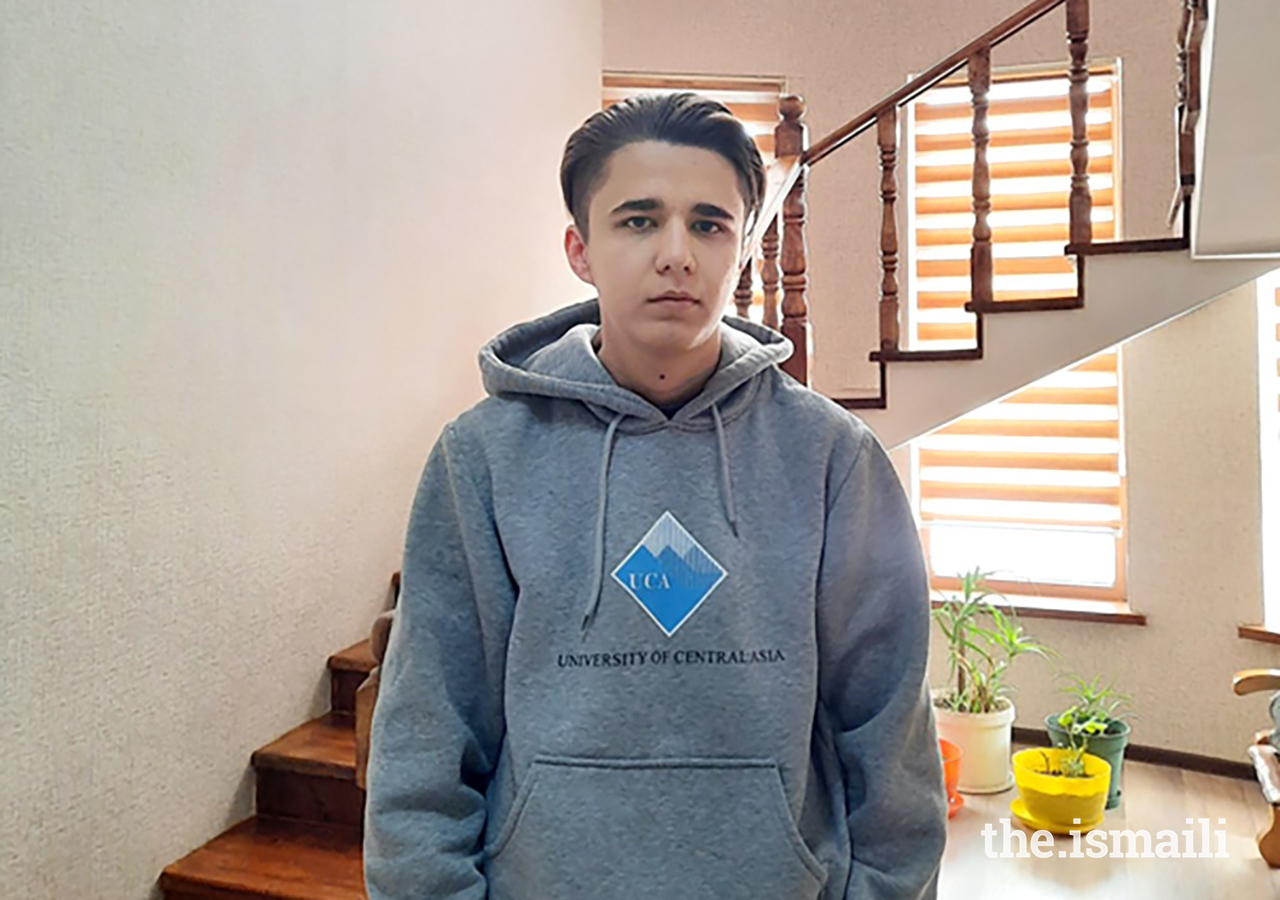
Nurmuhammad Butabekov, 19, started his journey in economics at an early age. While growing up in Khorog, Tajikistan, he attended the local Aga Khan Lycée. At the age of 14 Nurmuhammad applied for — and was accepted to — the Academic Achievement Programme (AAP) at the University of Central Asia’s School of Professional and Continuing Education.
The AAP is a four-year course that prepares young adults to be competitive applicants for internationally recognised universities. Along with standard SAT-based classes, the Programme also works to develop students’ English language skills across reading, listening, speaking, and writing. Excited about his acceptance, Nurmuhammad decided to embrace the AAP’s challenging curriculum to make the most of the opportunity.
“The programme was truly what I needed,” he said, “It’s a school that opens doors for young people to attend world class universities and enhance their knowledge in all fields.”
Along with preparing for his university entrance exams during the AAP, Nurmuhammad also received a certificate in Microsoft Word, Excel, and Powerpoint from the School of Professional and Continuing Education.
“At SPCE, I began to flourish in an academic way thanks to the quality of the teaching materials and tutors,” he said.
Following his completion of the AAP course, Nurmuhammad started his undergraduate studies at the University of Central Asia. He is currently a first-year student majoring in economics, a subject he hopes to apply to a future career working on social entrepreneurship in the Pamirs.
“I chose the economics major in order to understand how global trade works and how it can be applied to Tajikistan as it develops its economy,” he said.
In particular, Nurmuhammad is interested in better understanding how the increased adoption of digital commerce will impact Tajikistan’s future economy and how social enterprises can use technology to create employment opportunities for the next generation of Tajik students.
Outside of school, Nurmuhammad enjoys playing music and is part of an on-campus music club. Passionate about helping other students achieve their goals, he also tutors local youth to help them improve their mathematics and English skills.
Smart security
aleem_1.jpg
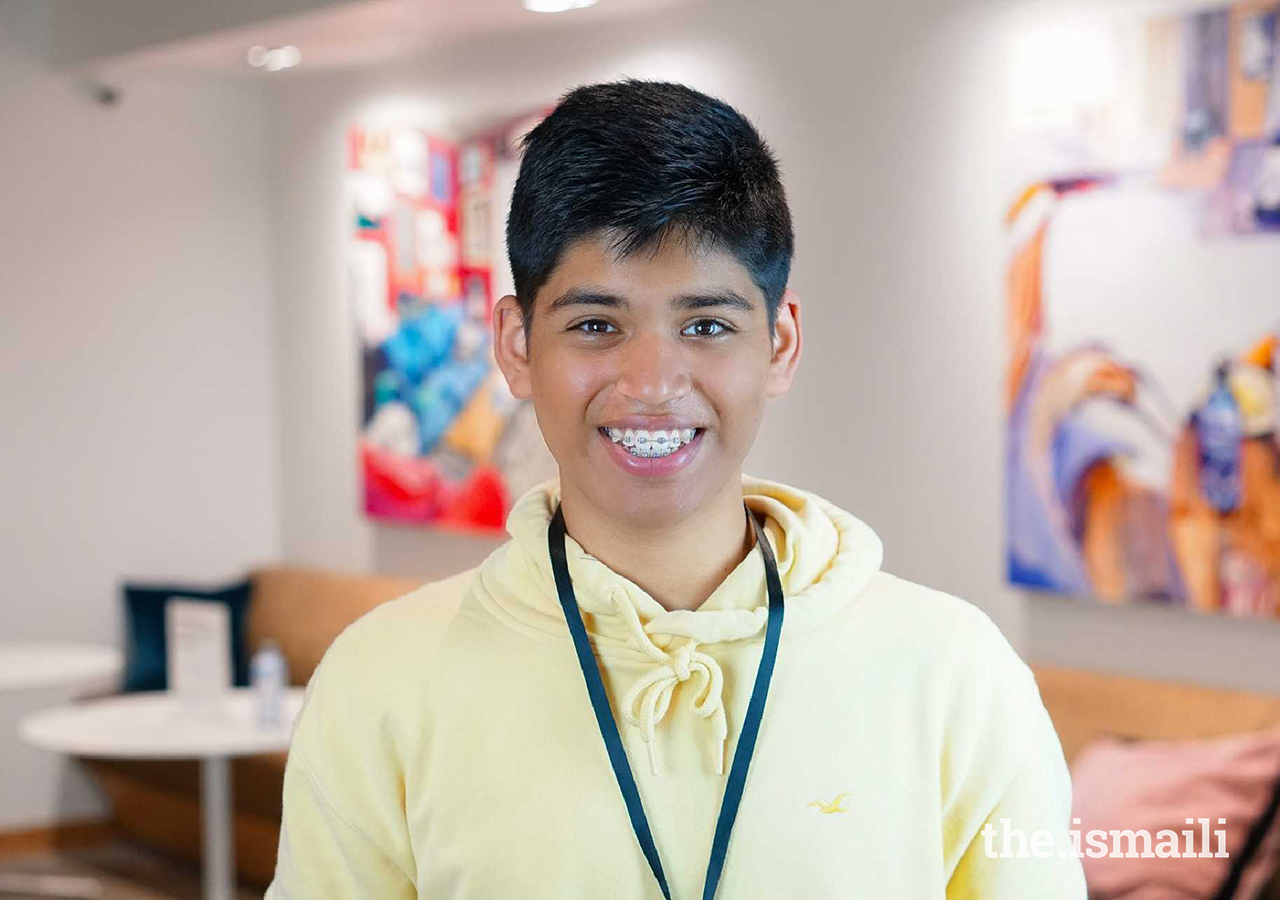
Aleem Rehmtulla, 15, first became fascinated with technology at the age of nine when, inspired by his father who worked in the technology industry, he decided to learn how to code at his home in Toronto, Canada. Using online video tutorials, he learned basic programming languages and enjoyed the challenge of using technical tools to build solutions to the problems he faced.
“The way that technology affects and will affect the world excites me,” he said.
Growing up, his projects ranged from building websites to using an Arduino board to control the lights in his home. As an 11-year-old, Aleem started to learn about blockchain and cryptocurrencies and even worked on a start-up that aimed to make digital currency transactions easier for users.
“Noticing things around me inspires me and makes we want to be a part of it,” he said.
Earlier this year, he was confronted with a personal tragedy when he lost his father to gun violence. Recognising the importance of response times in such emergencies, Aleem decided to use his technical skills to prevent future tragedies from occurring.
“I decided to work on artificial intelligence software that can actually detect when a gun has been fired or is present and automatically contact the police,” he said.
Using a combination of online tools like GitHub and video tutorials, Aleem learned the skills necessary to build the artificial intelligence tool. His computer vision software, called “515”, is being designed for use in the hotel sector. Along with security, Aleem is currently working on adding more features to the tool to help hotels detect if patrons are physically distancing and wearing masks.
“The number of lives that have been and can be changed with tech is just amazing,” he said.
In the future, he hopes to continue using technology to solve social and economic problems. In particular, he is excited about the potential that AI holds and is currently learning how to use React, a coding language that would better enable him to connect AI software to user interfaces. When asked what advice he has for other students interested in building their skillset, Aleem encouraged them to find a problem they care deeply about.
“Just start with one Google search about your problem, you will be surprised by how many solutions you find.”

